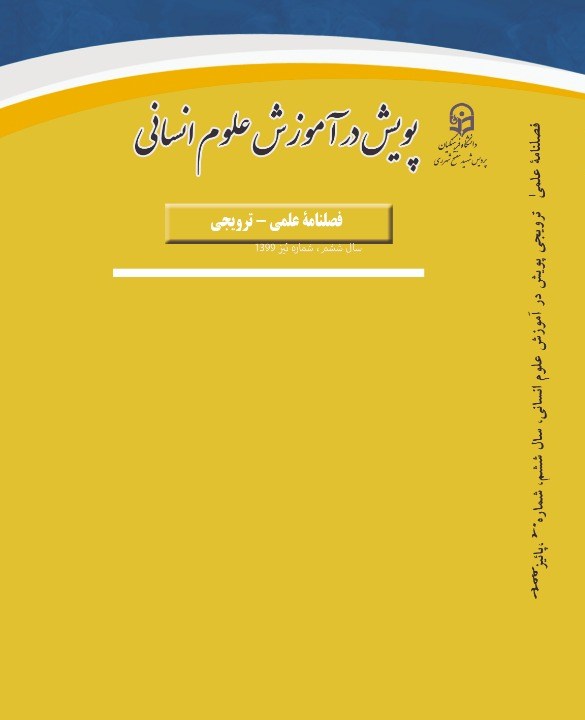Identity-educational effects of online education
Author(s):
Article Type:
Research/Original Article (بدون رتبه معتبر)
Abstract:
The purpose of this study is to investigate the identity crisis in students due to the use of cyberspace in education from Erickson's perspective. The method used is descriptive-analytical using Erickson identity crisis theory. He was the first to recognize identity as an important achievement of adolescent personality and an important step towards becoming a productive person. During this period, the sense of cultural belonging, moral understanding and self-concept of men and women are corrected in adolescence. E-learning allows students to be independent and flexible in their study, technical skills, critical thinking and skills. Strengthens cognition and teaches coaches that they need to be up to date.Disadvantages of this training are the reduction of interactions between the instructor and the learner, inefficiency in practical lessons and more can be supplemented by face-to-face teaching. What this article seeks to address is a larger concern that is being addressed. In the current environment, due to the spread of the Corona virus and the closure of face-to-face teaching and turning to e-learning, a large number of students have access to this space. The findings of this study using Ericsson theory show that due to the sensitivity of the age of students in this period and the lack of strong planning and culture in order to use cyberspace, it seems that this space is due to the variety of presentation patterns. The anonymity of the original identity of individuals, its complexity and its diverse atmosphere lead to identity crisis.
Keywords:
Identity , adolescence , Ericsson , cyberspace , Education
Language:
Persian
Published:
Journal of survey in teaching humanities, Volume:6 Issue: 24, 2021
Pages:
75 to 90
https://magiran.com/p2336472
مقالات دیگری از این نویسنده (گان)
-
Evaluation of the performance of the system in relation to the youth
Parviz Jamshidi Mehr *
Mashreq-e Mouood, -
Analytical comparison of Shiite and Salafi political thought with a focus on the Velayat-e-Faqih model and the Taliban Islamic Emirate model
Parviz Jamshidimehr *, Hamzeh Ali Bahrami
Journal of Political Thought in Islam,



